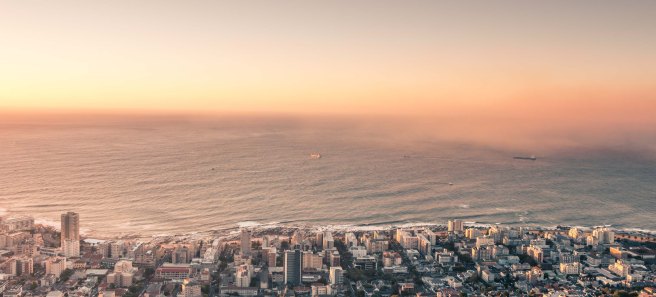I mentioned earlier that my summer semester is an intensive six-week course on Augustine’s City of God.
Yes. It is intense.
My house is a mess, and I’ve been letting my daughter watch too much TV so that I can do homework. I’ve been hunching over my book so much that my pinky finger is going numb from a knot in my shoulder. My finger tips are bruised from taking reading notes.
But this book is so, so, rich. The beauty of Christ shines brightly in Augustine’s words..
I’m too tired to put together a reflection right now, but I thought you might be interested in a few quotes. Here are two powerful passages about the mediation of Christ:
“The mortality of Christ, which might be a stone of stumbling to [the unbeliever], is no longer. In one case, there is everlasting misery to be feared. In the other, there is no death to be dreaded, for death was not able to endure eternally: rather, eternal blessedness is to be loved. The immortal and miserable mediator [a demon] interposes himself in order to prevent us from passing to a blessed immortality; for that which impedes our passage, namely misery itself, persists in him. But the mortal and blessed Mediator interposed Himself so that, having passed through mortality, He might make the dead immortal by the power which he showed in His own resurrection, and bestow upon the miserable the blessedness which He Himself had never relinquished.” (Book IX, Chapter 16).
“[Jesus] is the Mediator because He is man; and by His manhood He shows us that, in order to obtain the good which is not only blessed but bliss-bestowing we need not seek other mediators by whose aid, as we might suppose, we are gradually to strive towards it. We have no such need because a God Who is blessed and bliss-bestowing has become a sharer in our humanity, and so has furnished us with all that we need to share in His divinity.” (Book IX, Chapter 16)
Augustine was a brilliant theologian, rhetorician, and writer. It’s a privilege to learn from him.





